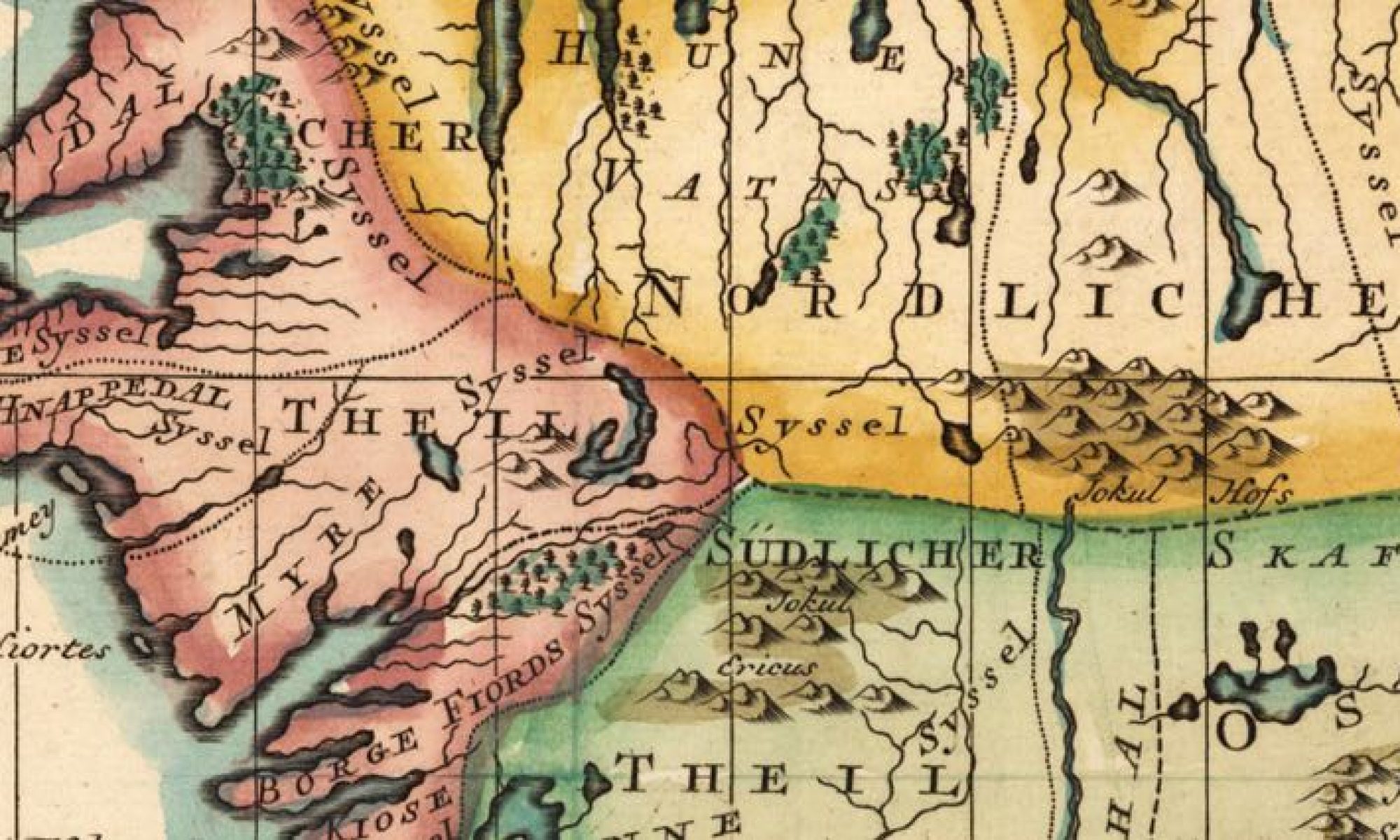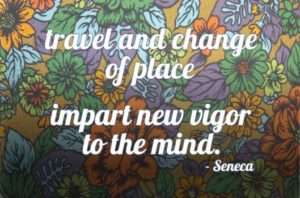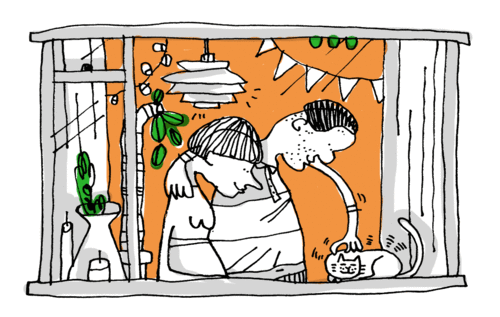Five minutes into writing for this prompt, and I’m thinking about fish tanks instead of place. So let’s talk about fish tanks. Wikipedia, the origin for most of my CNF inspiration, prefers to call fish tanks aquariums. Apparently, they were developed in 1850 when a chemist figured out that, by adding plants to an underwater environment, you can produce enough oxygen to sustain a small number of fish, and the idea caught on pretty quick. By 1853 the London Zoo had an aquarium installation, and the dude who installed it was writing a book whose title was The Aquarium: An Unveiling of the Wonders of the Deep Sea. Of course, before the guy who “invented” the aquarium, other cultures existed that had ways of sustaining sea creatures in tubs or marble boxes, so the origin story of fish tanks isn’t all that clear cut. Most origin stories are not very clear cut.
Aquariums, as it turns out, are actually a specific type of vivarium. A vivarium “is an area, usually enclosed, for keeping and raising animals or plants for observation or research.” In a way, then, we can think of settings as vivaria. We create settings as a way to ground our characters, our readers, and our selves. Settings are our foundations for scene, but they are static boundary. The interest, for the reader, is never the fish tank, but the animals inside of it. Our characters, our ideas, our wordplay is what makes the glass worth staring through, and the setting serves to hold everything together.
Place, I think, is less like a fish tank and more like a lake or an ocean. It’s contained within a larger sphere, like setting; however, they are the main attraction of their own accord. I think the difference between setting and place lie within this train of thought. Place is what can grab a reader all on its own. It’s dynamic. It demands its own story, and anything else the writer throws in (quotes, plots, alliterations) is an addition to an already exciting party. Place is what encourages the story to happen instead of being a backdrop to it. In that way, I think that place functions as an amorphous combination of setting and a character. I’m not sure if that’s how it actually functions in my writing, but I think that’s how I would like it to.






